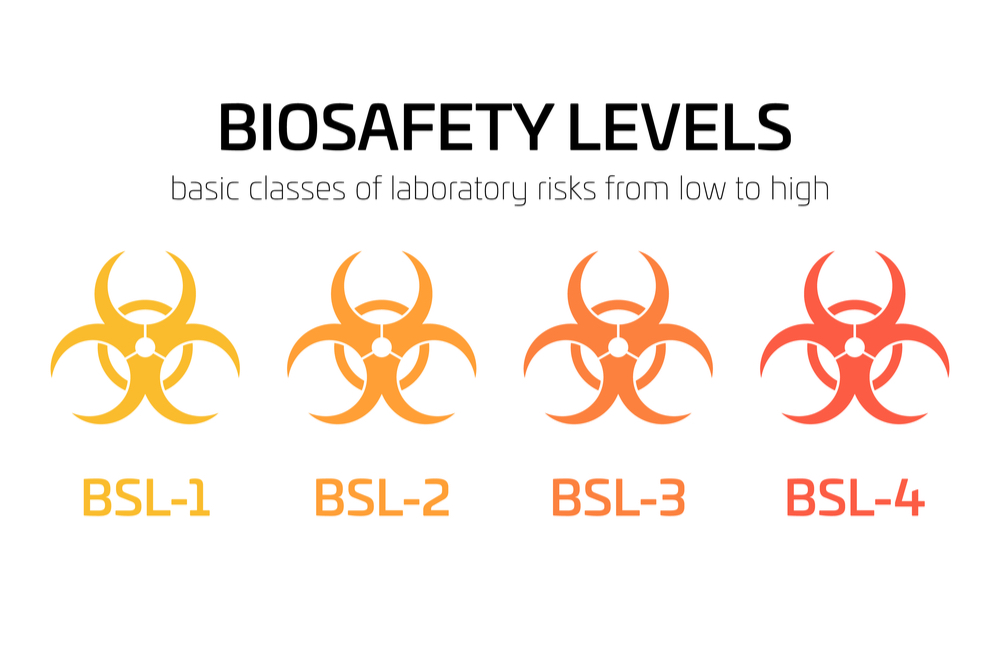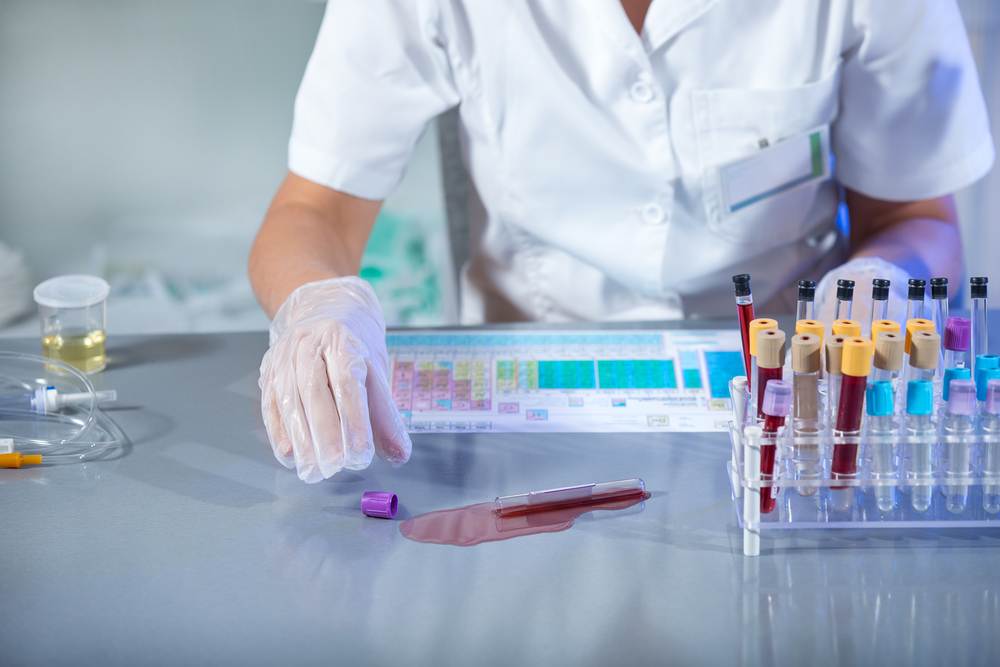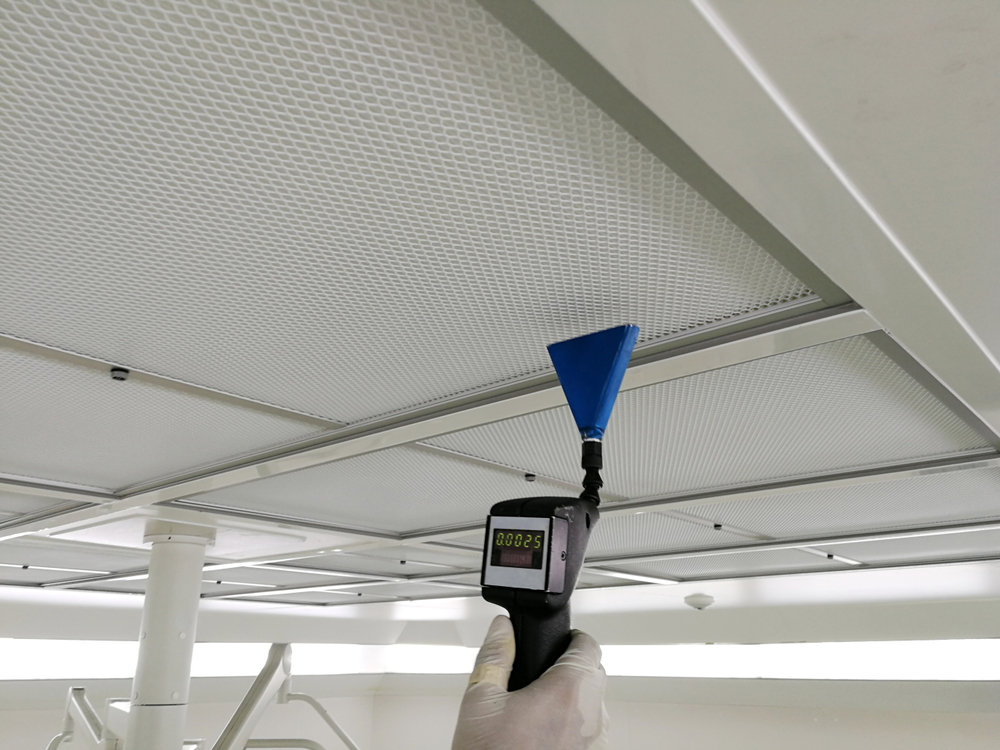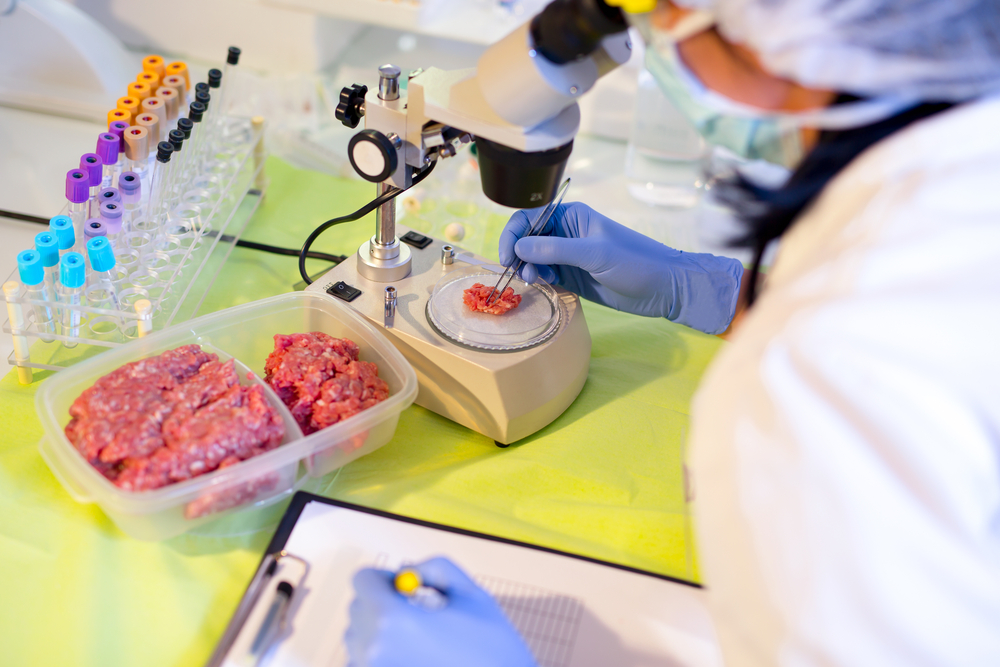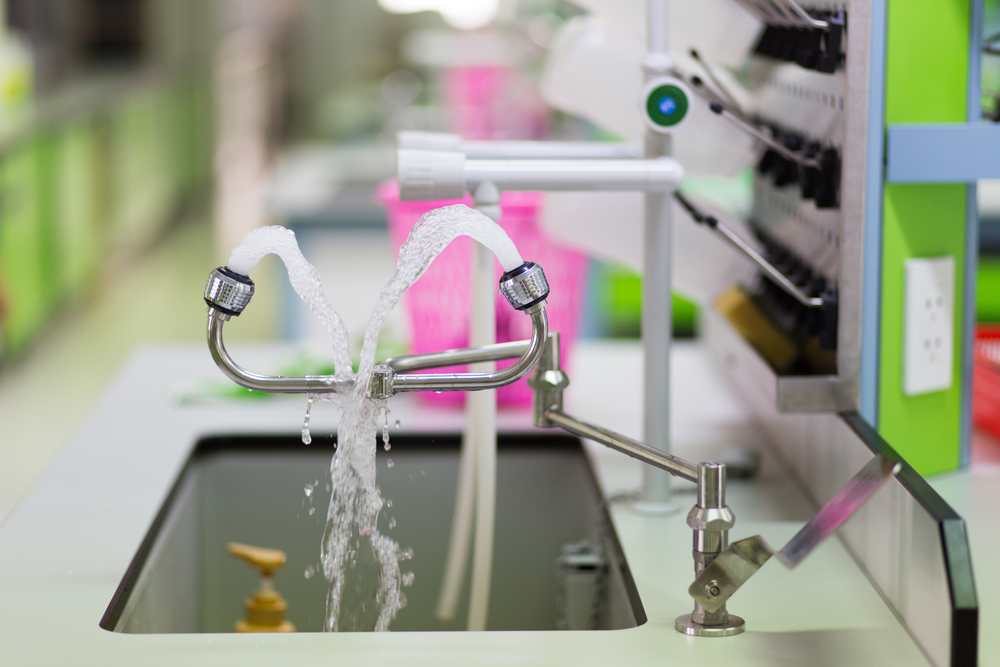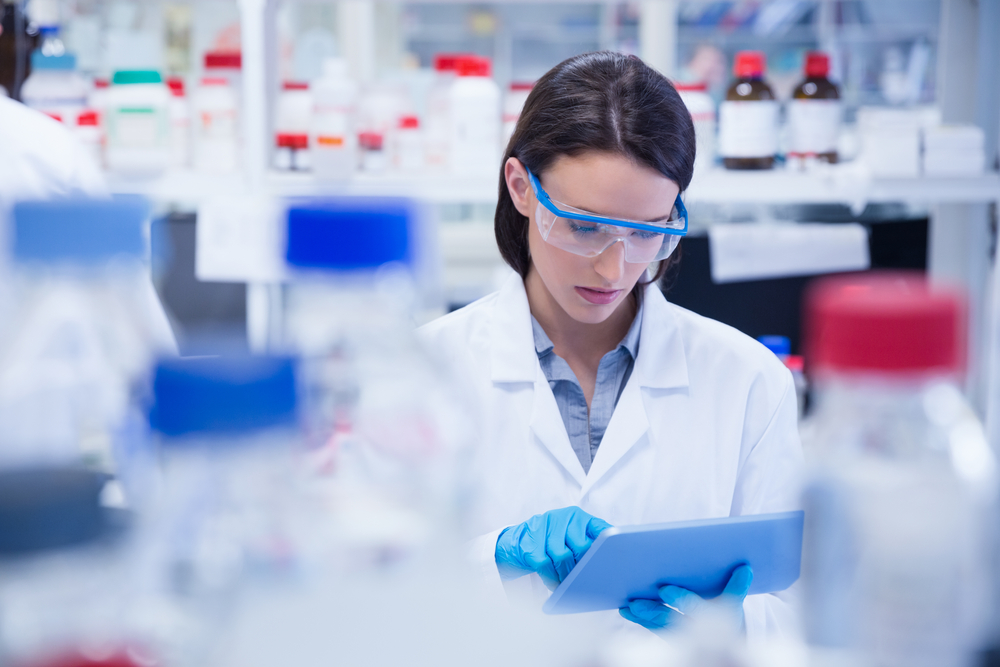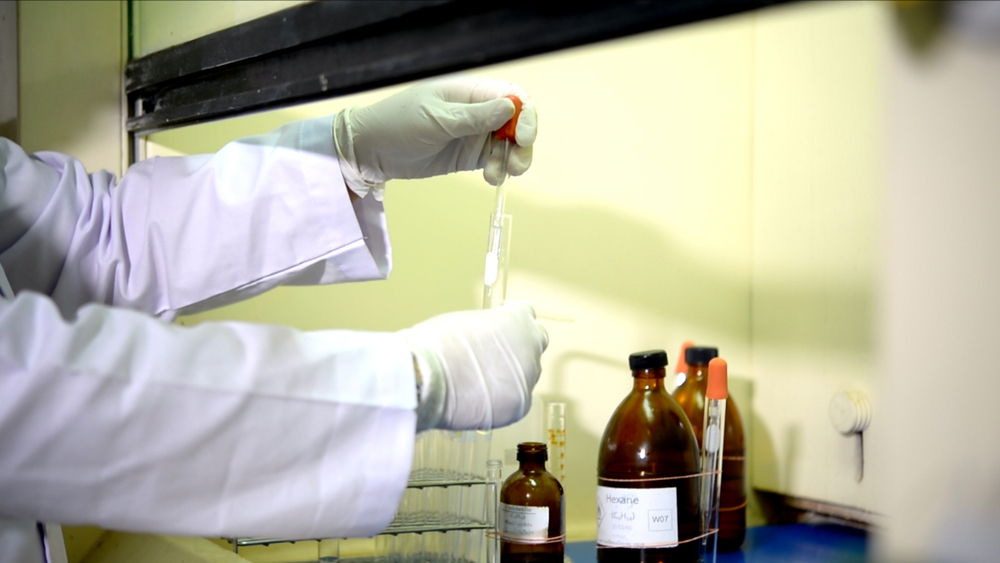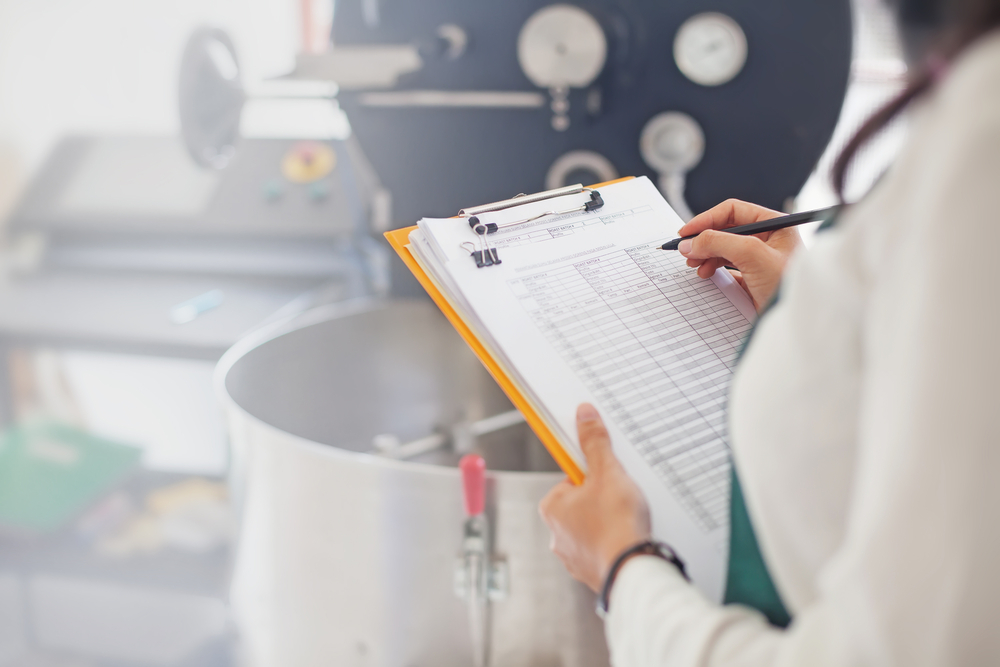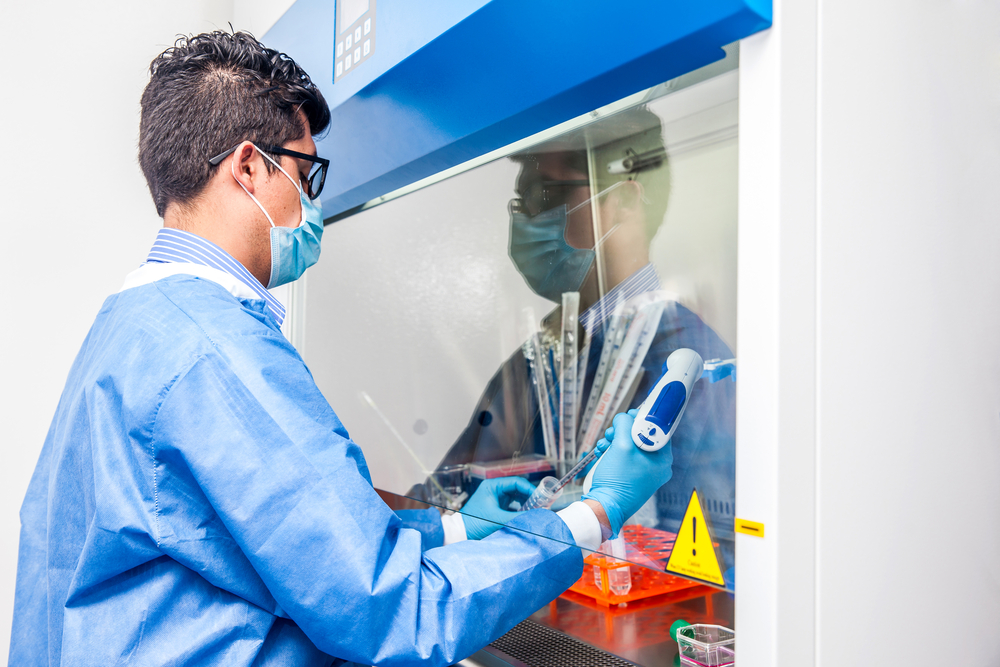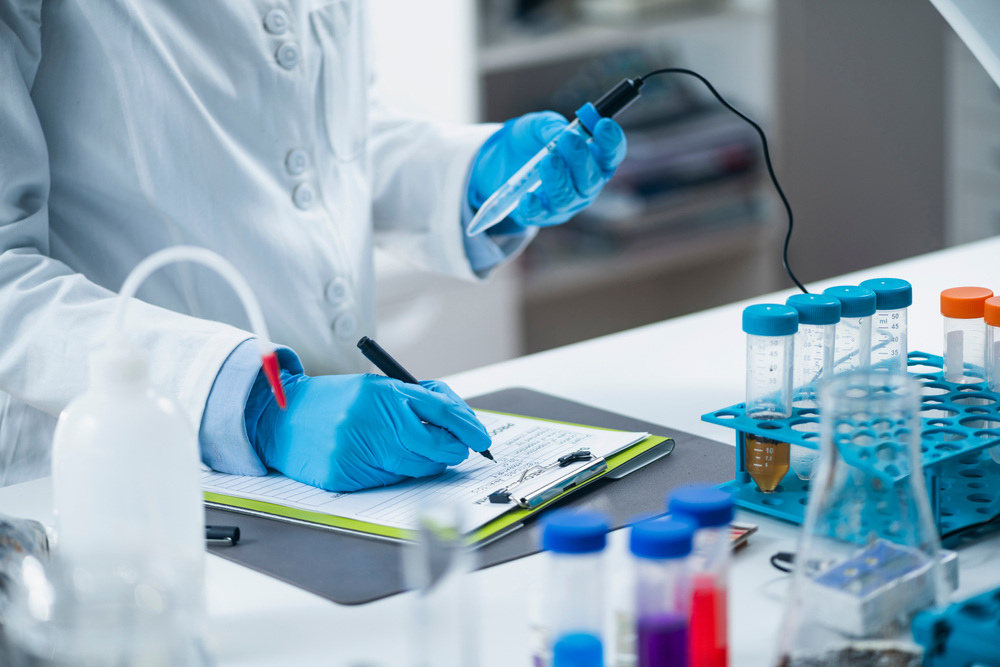
When Do You Need Lab Equipment Certification?
Lab equipment certification is an official way to verify that lab equipment is working properly. Obviously, getting accurate results from your lab equipment is of critical importance. However, do you know when you need lab equipment certification? And, how often should your lab have equipment certified? At SEPS, our mission is to support the scientific … Read more
